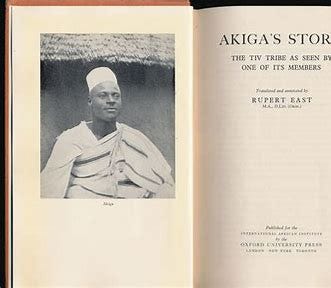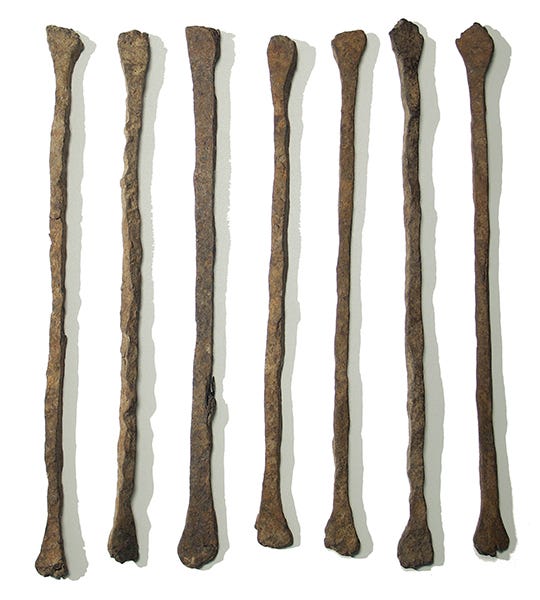Chapter 6 (Part 2): Games with Sex and Death, Debt The First 5,000 Years by David Graeber
Social money does not substitute for people. The social currencies used in brideprice or bridewealth are mere placeholders until another individual is ready to be accepted as a rightful exchange.
We ended on a cliffhanger of sorts in the last post.
Societies that use a social currency for wedding arrangements like brideprice and bridewealth understand that there is no substitute for women who leave their natal families and enter their groom’s families. What happens during such exchanges? How is balance established?
We know that communities that use social currency understand that:
things do not substitute for people
some debts cannot be repaid
Among the Tiv of Central Nigeria, a solution is to exchange sisters.1 What could be a more equivalent gesture than to give up one’s sister to the family to discharge an unpayable debt? However, we know that this is never possible all the time. Families do not have an equal number of brothers or sisters. An individual may refuse or not be attracted to the female for exchange. Other factors like the age of the female may not allow for immediate exchange until she matures. In that case, the non-traded female enters a wardship with the primary male member of the family. The male guardian trades her future marriage instead to someone else and so on. One consequence is that important wealthy old men control numerous wards to the detriment of younger and less fortunate men who may not be marriageable at all.
There is a loophole to this.

According to one of the earliest Tiv ethnographers Akiga Sai, an individual may acquire a marriage partner through bundles of brass rods. A man needed a large amount of these to acquire a marriage partner.

Brass rods are the most prestigious forms of currency during the colonial period. It was only owned by men. Brass rods were never used to buy things from the market which was dominated by women. Instead, men traded the rods for things considered more valuable than market commodities. These included cattle, horses, ivory, ritual titles, medical treatment or magical charms.
To acquire a wife, men had to give successive bundles of gifts of brass rods to the bride’s family. Initially, two or three bundles were gifted to establish yourself as a suitor. Once married via elopement, the husband gave his mother-in-law brass rods to assuage her anger. He also needed to award five bundles to her wife’s guardian to accept the situation. These endless payments continue until children are born, or a female is born, grown, and exchanged later. This endless theatre of payments will never cease because as Graeber says, the debt cannot be fully paid. As French ethnologist Rospabé argues, brass rods or other forms of social currency are not a payment in of itself or rights to the children. Rather, it is simply a stopgap, a placeholder, until such a time that another woman may be given or returned to the wife’s family by the husband.
Next week, we will look at what occurs when life is taken.
Round-Up
If you have always wondered about the dynamics of brideprice and bridewealth, this practice is a good example of how social currencies work. Social currencies operate on two key principles:
money does not substitute for people
some debts cannot be paid
Once we understand these principles, it is easy to see that for the Tiv of Central Nigeria during the colonial period, any marriage required an exchange of another female of marriageable age in return. Ideally, this comes in the form of a sister exchange.
Without a direct female exchange, there are options open to men to be able to acquire brides.
brass rods, another prestigious currency, may be used to acquire brides
the primary male members of the family enter into the guardianship of females until they have reached marriageable age; the guardians then trade access to the future brides to someone else
The social currency is unable to compensate for the bride. It acts as a placeholder until an equal value is eventually granted to the bride’s family.
Next week: What happens if blood debts are paid with money?
The historical information about Tiv practices was during the British colonial rule of Nigeria. Why are females pawns is a different matter altogether. I hope that Graeber will address this later. Clearly, it is the men who do the transactions among the Tiv.




